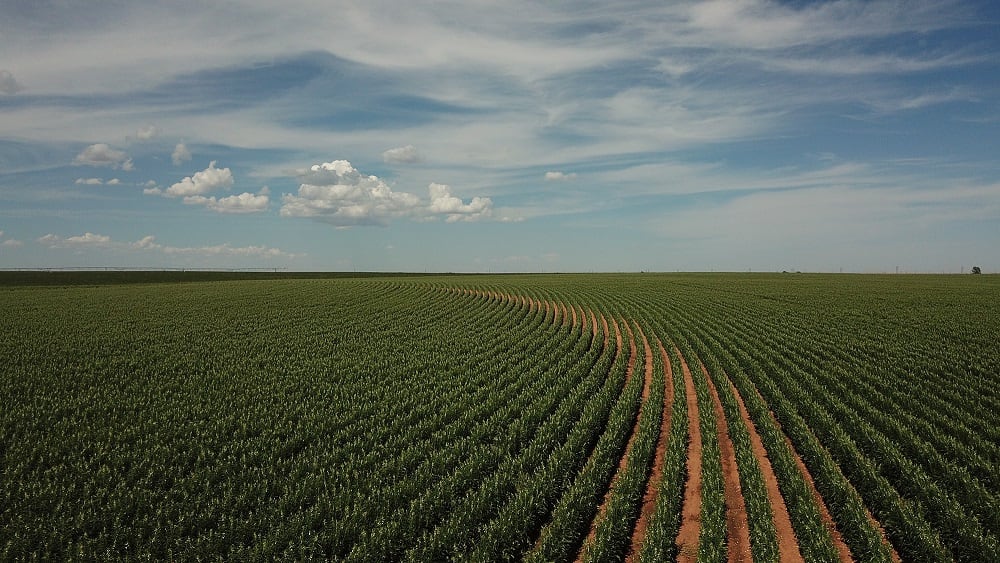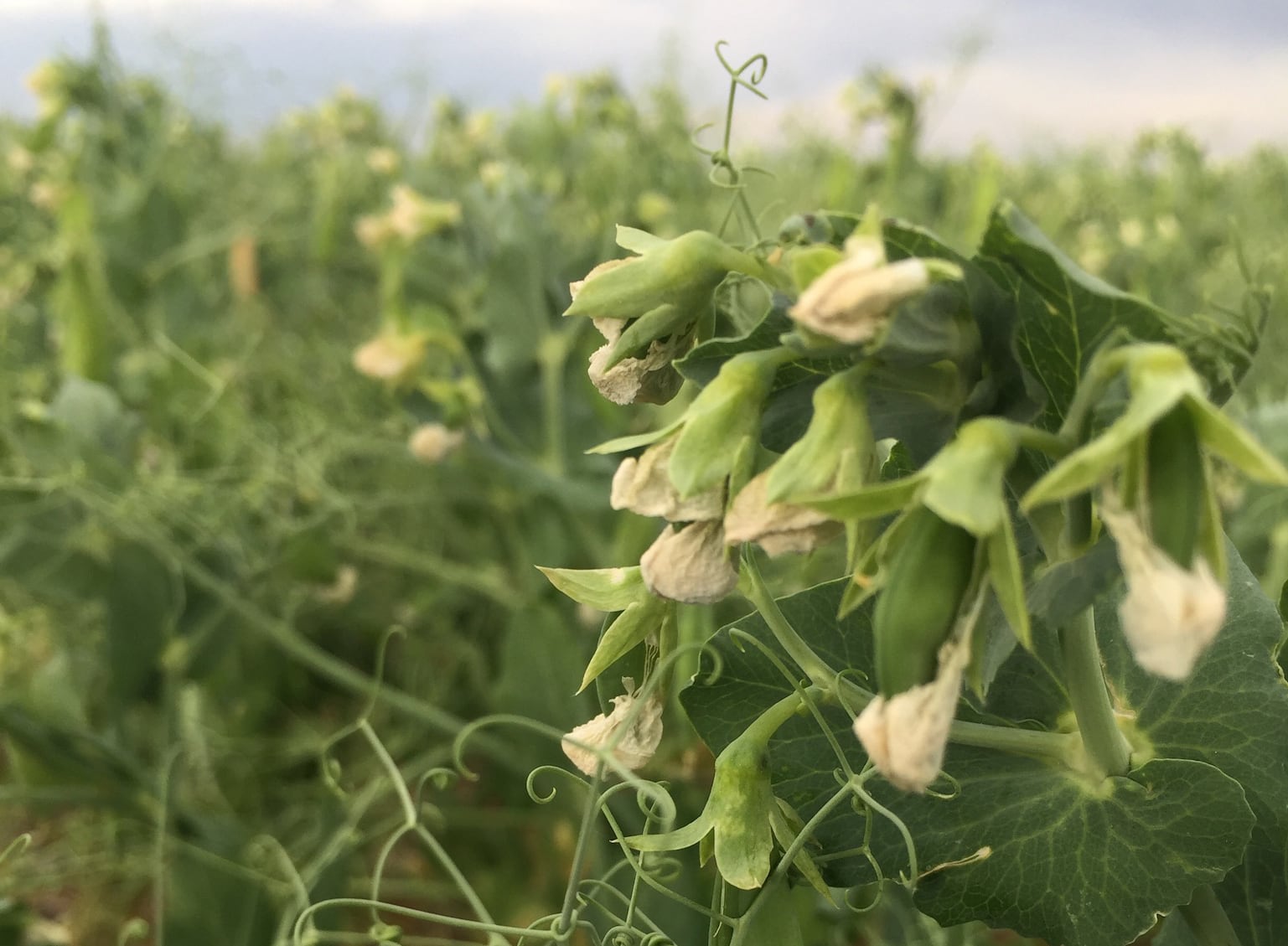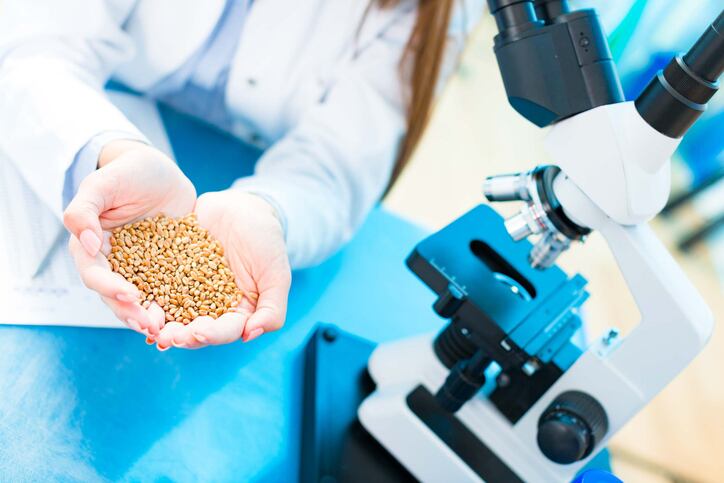“Today we are uniquely positioned to industrialize and better regulate the global sesame sector, bringing it to a new and more profitable phase by creating a more efficient path to market beginning at the seed level,” said CEO Gil Shalev.
The company said the move is changing the paradigm on production and trading of the seed, kicking off a new era of heightened profitability and increased market stability for the seed.
Sesame is an attractive crop because it is considered to be one of the oldest and most resilient oilseeds known to humankind. It can thrive in drought-like conditions and has proved itself to be a low-maintenance crop.
Pairing science with nature
By applying advanced computational science with natural breeding, Equinom said they have been able to develop sesame with high-yield capabilities and superior nutritional profiles.
Itay Dana, VP of Marketing at Equinom, told NutraIngredients-USA that the company is widening its horizons by “expanding varieties into new categories that will be perfectly matched to a range of applications such as plant based products, whole foods, baking, confectionary and flour. We will also be adapting our sesame to different growing locations – we do already have commercial varieties but our next sesame generations will suit specific locations.”
These encompass parameters of oil concentration, protein load, flavor, and sensory qualities contributing to more uniform products. Equinom called this a ‘game-changer’ for food manufacturers, which allows them to maintain consistent sesame supplies that meet their specific application needs.
The seed breeder said they signed new long-term contracts with major grain handlers and international food companies to grow and commercialize its Smarter sesame varieties in Africa, South America Europe and the rest of the world. So far, the move has yielded land that is now dedicated to the cultivation of sesame totaling 100K acres worldwide to meet burgeoning demands.
“This was always Equinom's goal although the pandemic has reaffirmed the importance of providing high quality, local sesame to aid the currently strained supply chain. We are rapidly increasing our global growing activities and this will support the market during this challenging period, we will of course continue thereafter to provide unparalleled sesame worldwide,” Dana told NutraIndredients-USA.
Securing supply in times of crisis
“The sesame industry is, by nature, prone to fluctuations and that makes it difficult for key parties in the supply chain to meet pledged output quotas,” said Shalev. “Our solution removes a lot of the risks associated with yield inconsistencies and grants stakeholders a new sense of assurance. Even in times of crisis — such as with the current Covid-19 pandemic — food companies can rely on a secured supply of sesame. Right now, amid the outbreak, its ‘business as usual’ for Equinom. We are currently drafting new work plans to propel the industry despite the challenging border closures and transportation hurdles.”
Indeed, Professor Kadambot Siddique from UWA's Institute of Agriculture in Australia echoed a similar concern. "We are already seeing some travel restrictions causing labor shortages on farms, particularly with seasonal workers who are essential during planting and harvest periods.”
Siddique said policy makers must ensure producers are given enough support for the production and delivery of the upcoming season of crops, to ensure a smooth flow of food for global trade and international markets.
Siddique emphasized that support measures, enhanced research and development in agriculture, must continue beyond the COVID-19 pandemic on a global basis.
Equinom, said there is no better moment than now to focus on local food security.
“The COVID-19 outbreak increases the importance of having domestic agriculture, especially for our type of crops which are of high nutritional value. When importing becomes limited, it's crucial to put more focus on your food security and increase the access of healthier food to your citizens,” said Dana.




